PD SPECIAL - Farmers appeal for support to harness the sun radiation for irrigation
An appeal is being made by farmers for technological support to tap plenty water flowing in the Shire River using the sun radiation and create a food basket for the country all year round
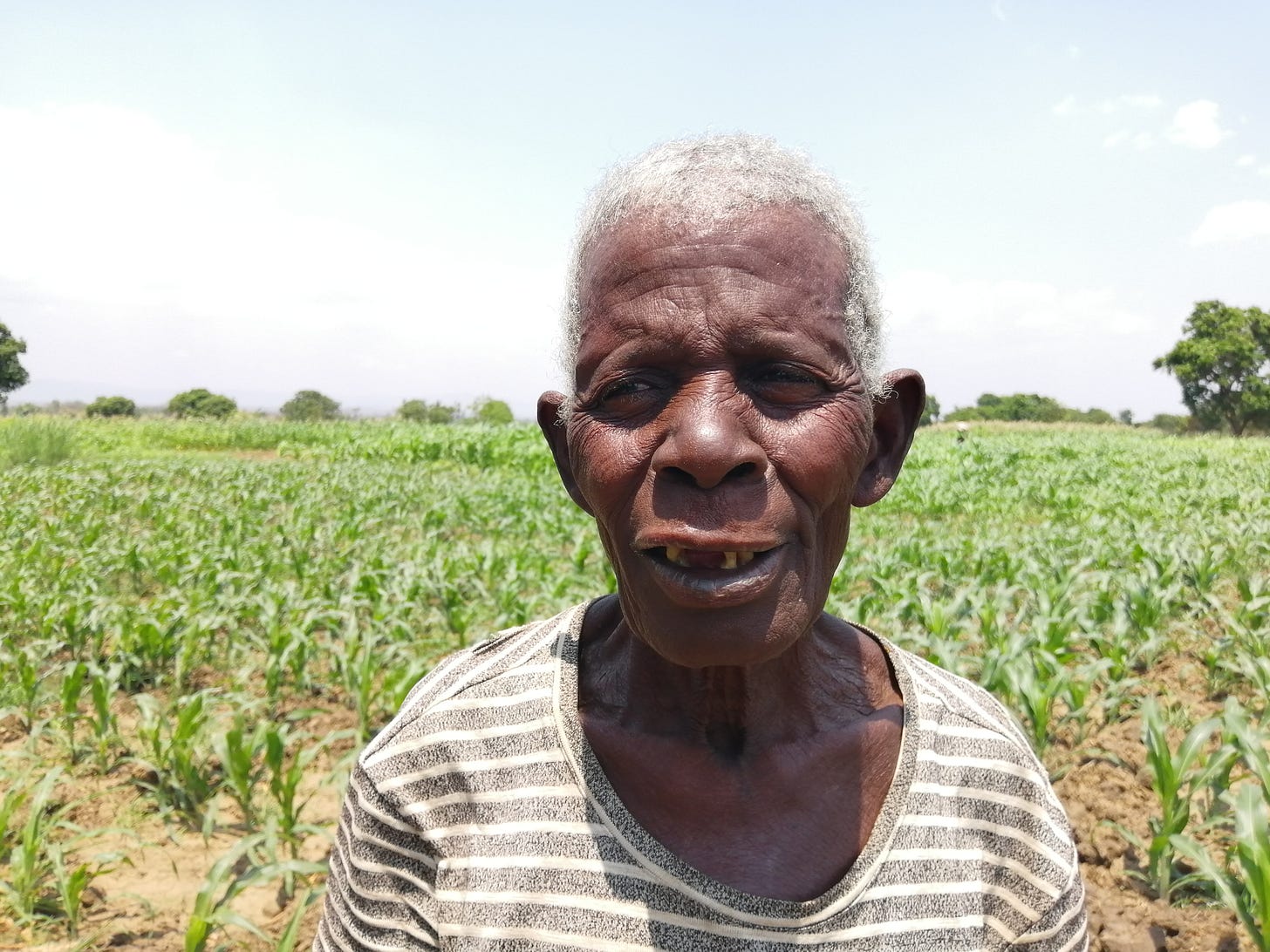
BALAKA/DOWA, Malawi (Planet Defence) - Farmers in Balaka and Dowa district are utilizing available local natural resources as part of need-based adaptation to overcome challenges brought about by climate change effects.
Need-based adaptation is a resilience building intervention that ensures adequate finance and implemented to benefit most vulnerable groups including people with disabilities that continue to suffer the brunt of climate change effects.
This is meant to build long term resilience for both food and nutritional security and as part of economic empowerment.
One resilience intervention is irrigation using solar powered pump and gravity fed irrigation depending on the area terrain. With water available through irrigation farmers are able to do horticulture production, the growing of high value vegetables while simultaneously producing winter maize powered using the sun energy.
Gift Robert is a lead farmer aged 24 years who is inculcating a culture to help change the mind set of the people.
“With solar powered water pump we are capable to draw water from Kapotera dambo that has running water through-out the year. No water is limited to bring change to the people as long as they are determined to support themselves and change their lives,” says the youthful change agent at Mkuziwaduka telling the nation.
Thanks to the technical support from Churches Action in Relief and Development (CARD) all these interventions are being spearheaded under the Promoting Agro-ecology Transition for Enhanced Resilient Agriculture (PAET-ERA) with funding from Bread for the World of Germany.
We met Chikumbutso Songazaudzu, another young farmer at Mkuziwaduka while tending his cabbages at his garden. He explained that they used to have plenty water in the past thanks to the rich biodiversity that was prevalent in the area then.
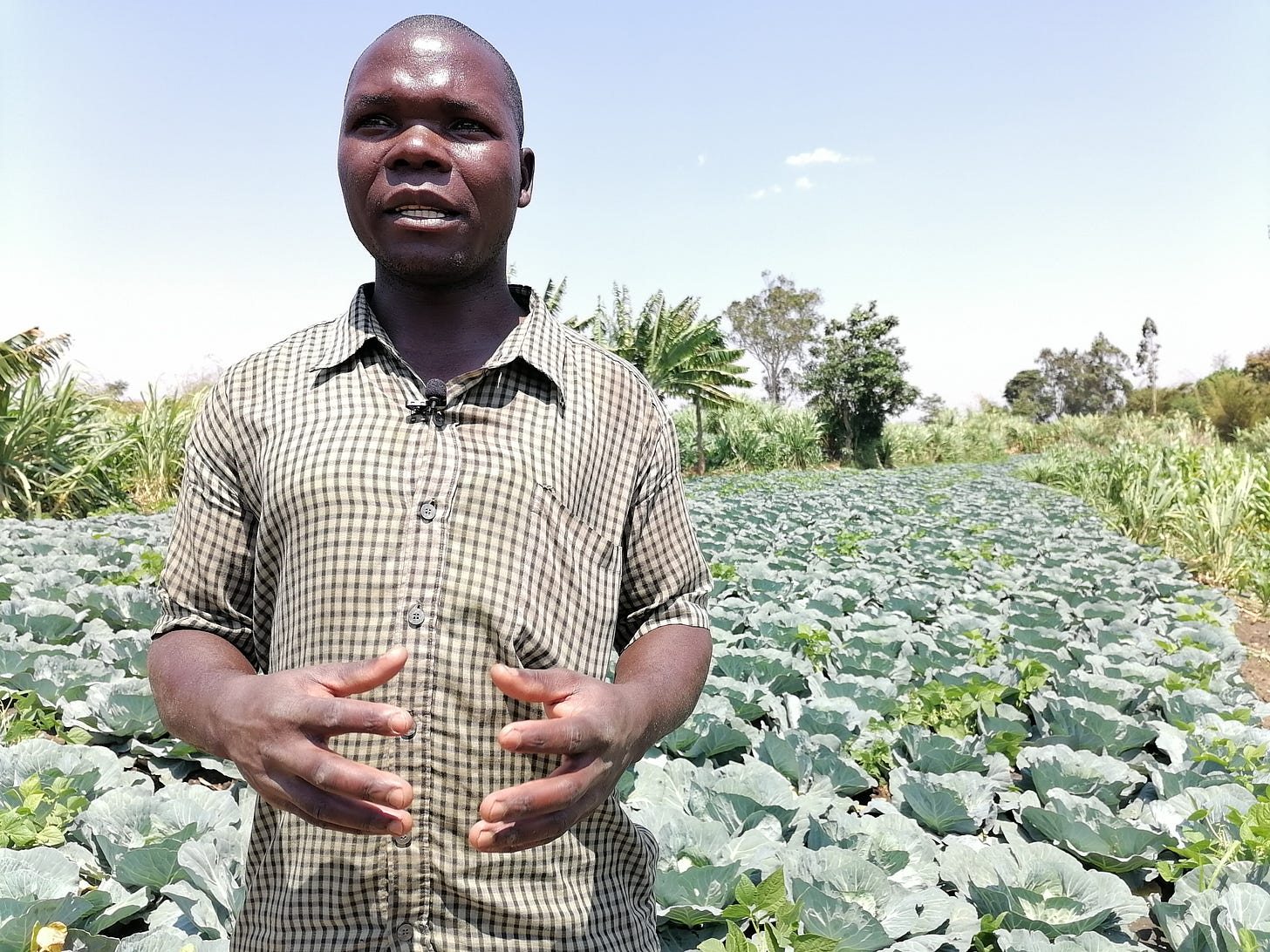
However, with reduced ecosystem cover, water is now more exposed to the sun radiation leading to excess evaporation. Songazaudzu adds that they are making use of the limited water available to produce food including other farm products for sale as part of winter cultivation.
“I have been assisted with a solar powered water pump to ensure that winter cropping is made simple. As such using solar power is more effective when irrigating our crops on large areas of land than time consuming water cans manually. No wonder, I have been selling tomatoes, cabbages, as high value vegetables and maize. I am now planning to diversify into more crops,” explains Songazaudzu explained along Kapotera stream.
Chifundo Macheka, CARD Project Officer for Dowa West Rural Development Programme said they taught farmers about agro-ecology. The capacity building programme involved mentoring farmers to use more of manure and avoid chemical pesticides.
“These pesticides are considered detrimental to the environment as they have a bearing on human health and environment in the process. We want to ensure soil and human health in the process and use of local resources and knowledge to deal with challenges facing farming,” Macheka explained.
Through this kind of farming, adds Songazaudzu I have managed to buy cattle, goats and pigs and more importantly roofed my house with iron sheets.
In terms of challenges, Songazaudzu laments that sometimes it is difficult to irrigate crops when it is cloudy and that pose as a challenge to irrigation. He urged well-wishers to come to their rescue with other options for improving their farming so that they are able to increase productivity in the long term.
Veronica Geche another female farmer agrees that previously rains were reliable. However, in the last two decades they have changed sometimes they come in December, sometimes January.
Geche cites challenges with marketing their produces as it is vendors that come to buy their maize and determine the prices as to how much the maize should be sold.
“Market accessibility would make it possible for us to have a say in the pricing of the winter grown maize. Otherwise, at the moment it is the vendors that have a major stake as to how much they can pay for the maize,” Geche whose maize is almost ripe said.
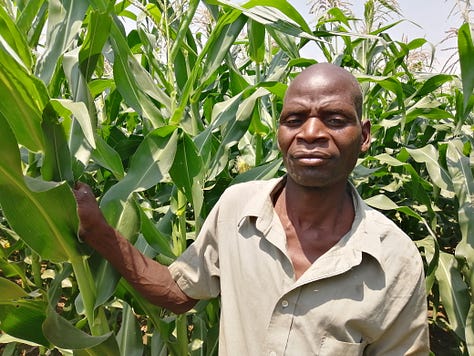
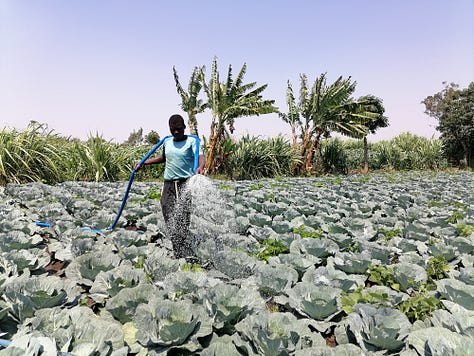
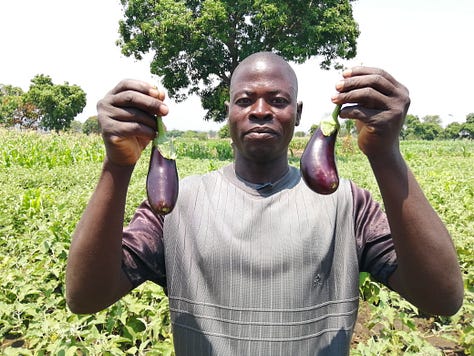
In the eastern region semi-arid Balaka district the perennial flowing Shire River is being used by subsistence farmers to dust-off climate shocks that continue to affect farming households. Some of the shocks include drought, dry spells and floods.
Our climate has indeed changed here, as someone who was born in 1940’s we didn’t experience these kinds of uncertainties in the past. No at all, says Agness Tunga’nde who has grey hair covered all his head. He had two children in 1959 when we asked her how old she was when first president of Malawi arrived in Malawi from England.
“In those good old days, we had rich biodiversity all over this place. We simply prepared our land for cultivation, planted our crops and weeding was like applying fertiliser that resulted into bumper harvests. The rains used to come in good time and they were more reliable than they are now,” Tung’ande shared her long-term experience from past five decades.
Agness Tunga’nde represent a generation of those veteran citizens that have seen so many rains come and go. Despite her age she has defied all odds and is part of those farmers practising irrigation at Chisoni Irrigation Scheme, an area located in what is called Shire North in Balaka district.
“These interventions do not have age limitations; anyone can be part of it and we just have to accept the reality now. I have cultivated my maize; it is also advancing towards maturity and soon I will harvest and dry my maize and life goes on. We thank God for the Gift of life,” wrapped up our conversation in style with laughter.
We used to harvest a lot in the past. They were no pests not even disease. Now the climate has changed completely. We just need to learn to adapt and do we the resources we have at our disposal.
Samuel Nyong’onya Agriculture Extension Development Officer at Phimbi which is under Utale Extension Planning Area says the area has great potential if supported technologically through solar powered irrigation.
“We are blessed with the Shire River which has water running throughout the year. We also have potential in terms of the sun radiation, given the support we can extend the area of cultivation under irrigation,” says Nyong’onya in an interview.
Our farmers have been taught to practice conservation agriculture and ensure mulching of soils as a means for moisture retention from the excess radiation.
The overall objective is to improve small holder farmers in productivity for food and nutrition and income security which were hindered by effects of climate change.
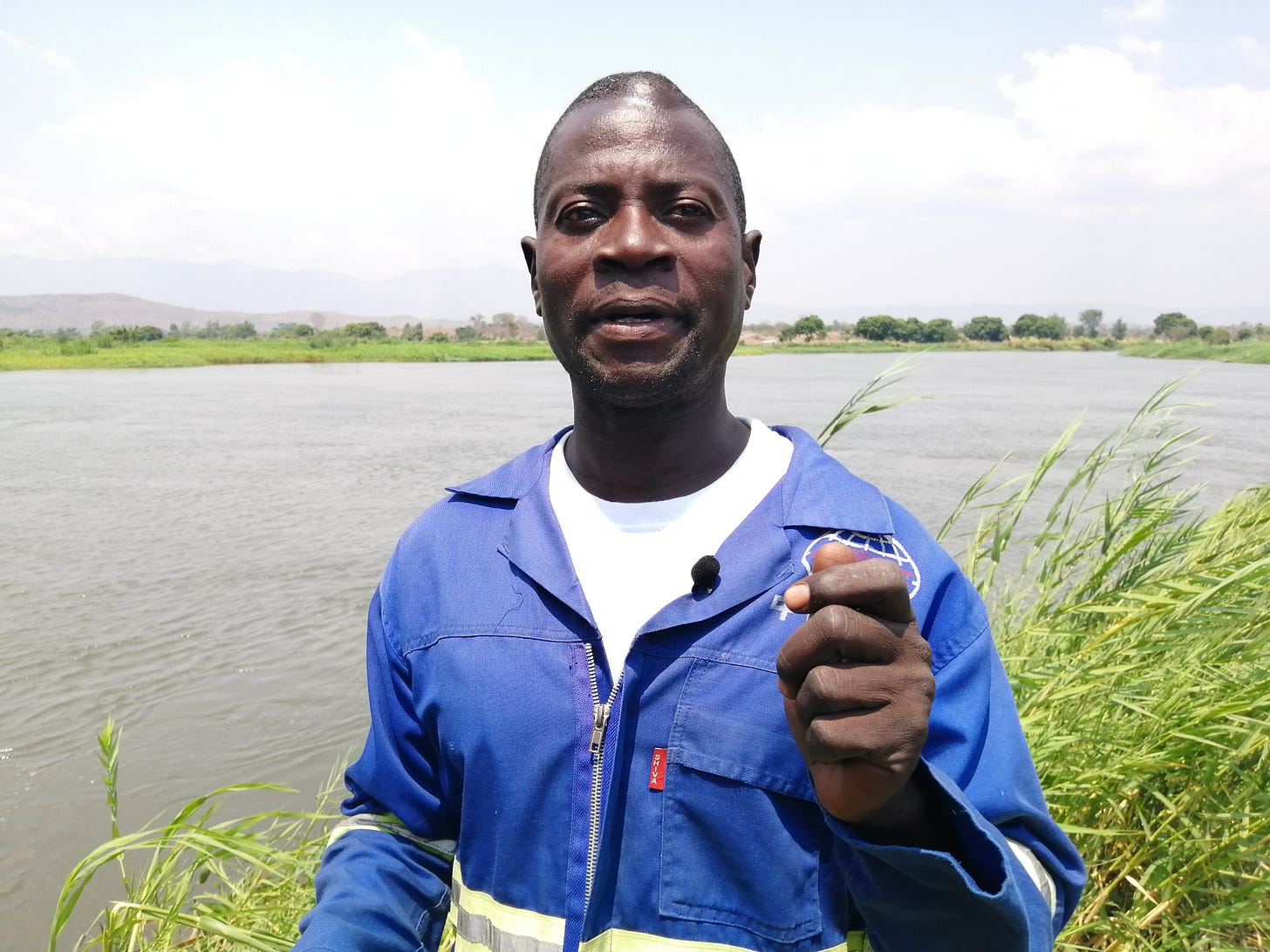
CARD is implementing the strengthening production and marketing capacity of smallholder farmers in Malawi project in areas of Traditional Authority Nkaya and Senior Chiefs Phimbi and Chakanza with support from Presbyterian World Service and Development through Canadian Food Grains Bank.
The initiative is promoting food and income security through diversified livelihoods such as organic farming, conservation agriculture, fish farming, pig production, bee keeping, village savings and loans and disaster risk management interventions. It is supporting 750 households which comprises 80 percent women, youths and people living with disabilities



